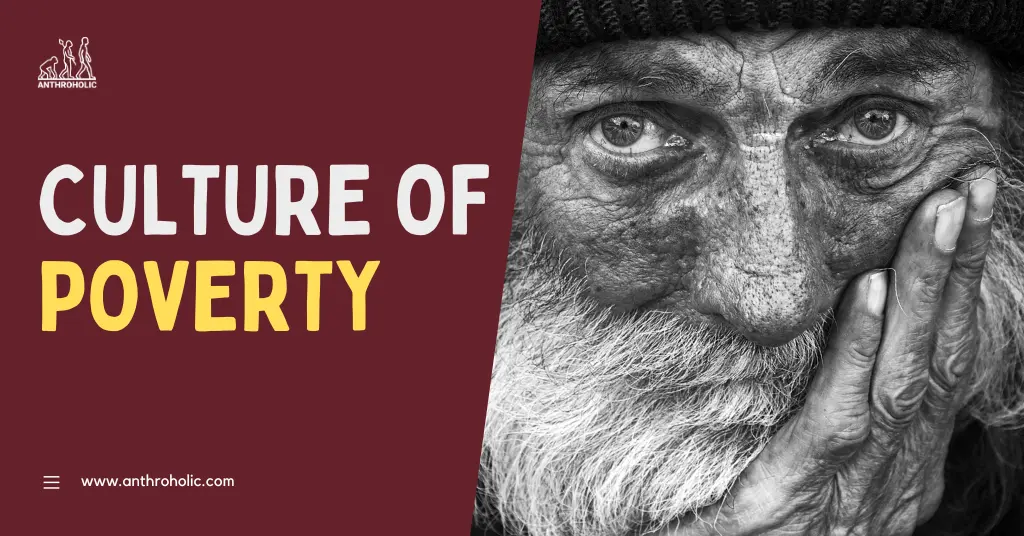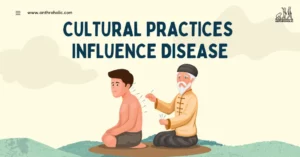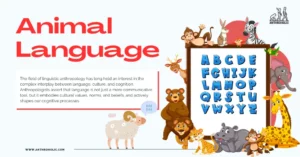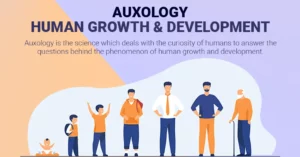AI Answer Evaluation Platform Live Now. Try Free Answer Evaluation Now
Culture of Poverty
The culture of poverty theory, first postulated by Oscar Lewis in the 1960s [1], proposes that poverty is not solely an economic issue, but also a cultural one. According to this theory, the poor are not simply victims of economic circumstances but also maintain a set of values, beliefs, and behaviors that perpetuate their impoverished condition [2].

Origins of the Culture of Poverty Theory
Oscar Lewis, an American anthropologist, introduced the culture of poverty theory in his ethnographic studies of Mexican and Puerto Rican families in the 1960s. Lewis argued that poverty is a subculture with its own structure and rationale, a way of life passed down from generation to generation along family lines [3].
Key Features of the Culture of Poverty
According to Lewis, the culture of poverty is characterized by:
- A strong sense of fatalism, an acceptance of poverty as a chronic condition that will unlikely change.
- Little use of banks, more reliance on informal credit sources.
- Frequent interpersonal violence.
- Lower levels of participation in community organizations and voluntary associations [4].
Criticisms of the Culture of Poverty Theory
The culture of poverty theory has been heavily criticized over the years. Critics argue that the theory tends to blame the victims of poverty for their situation, and that it ignores larger structural forces, such as discrimination, lack of opportunities, and the impact of macroeconomic factors.
Victim-Blaming Critique
Some social scientists argue that the culture of poverty theory blames the poor for their poverty. By attributing poverty to cultural values, the theory shifts the focus from systemic causes and towards individual and group behaviors.
Structural Critique
The structural critique emphasizes that poverty is primarily due to societal structures and economic systems. These critics point out the lack of equal opportunities, systematic discrimination, and macroeconomic factors such as unemployment rates and wage levels.
Empirical Evidence
Empirical evidence on the culture of poverty is mixed. Some studies provide support for certain aspects of the theory, while others contradict it.
| Supporting Evidence | Contradicting Evidence |
|---|---|
| Some ethnographic studies have found persistent cultural values among the poor that may limit economic mobility. | Many studies indicate that poor individuals and families aspire to traditional values such as hard work and self-sufficiency, contradicting the notion of a separate, self-perpetuating culture of poverty. |
| Research has shown a correlation between poverty and reduced community involvement. | Poverty has been found to often be a result of temporary circumstances, rather than a chronic condition passed down through generations. |
Conclusion
The culture of poverty theory provides an interesting perspective on poverty and its persistence. However, the theory’s controversial nature, along with the diverse empirical evidence, suggests that poverty is a complex phenomenon with both cultural and structural dimensions. Policymakers should consider these complexities when designing programs to alleviate poverty.
References
[1] Lewis, O. (1966). “The culture of poverty”. Scientific American.
[2] Banerjee, A. V., & Duflo, E. (2011). “Poor economics: A radical rethinking of the way to fight global poverty”. PublicAffairs.
[3] Lewis, O. (1966). “La Vida: A Puerto Rican Family in The Culture of Poverty—San Juan and New York”. Random House.
[4] Stack, C. (1974). “All our kin: Strategies for survival in a Black community”. Harper & Row.




